The Thinking into Growth Weekly Blog
Are you ready to transform your life and achieve unprecedented success? Welcome to the world of "Thinking Into Results" – a revolutionary program designed by Bob Proctor and the Proctor Gallagher Institute. This powerful system has helped thousands of individuals and businesses worldwide to break through their limitations, reshape their mindset, and achieve extraordinary results.
In this blog, we'll explore the core principles of Thinking Into Results, sharing insights from Bob Proctor's decades of experience in personal development. Whether you're an entrepreneur, a corporate professional, or simply someone looking to improve their life, you'll find valuable wisdom and practical strategies to help you reach your full potential.
Get ready to challenge your paradigms, expand your thinking, and create the life you've always dreamed of. Your journey to success starts here!

Your Career Ladder Is Against Wrong Building
You spent years climbing the career ladder, only to discover it was leaning against the wrong building.
This happens to almost everyone. You choose a path that parents wanted, friends suggested, or society deemed "practical." You follow the traditional playbook: education, entry-level position, steady promotions, retirement.
But something feels off.
The linear career model assumes you pick one direction and stick with it. Research shows the average person now has 12 jobs by age 55. Half of your current skills may be irrelevant in five years.
Your career doesn't follow a straight line. It follows cycles.
The Terror Barrier Most People Never Cross
Every meaningful career transition forces you through what I call the **terror barrier**.
You know that moment when you want to make a change but your chest tightens? When friends warn you against taking risks? When your subconscious screams "go back to safety"?
That's the terror barrier.
Here's how it unfolds:
**Stage 1:** Planning feels exciting. You're thinking new thoughts, imagining possibilities. No real discomfort yet.
**Stage 2:** You start taking action. Real unease kicks in. You're doing unfamiliar things, and your comfort zone rebels. The more you do, the worse it feels.
**Stage 3:** Peak stress. Everything feels overwhelming. You see no progress yet. This is where most people quit.
**Stage 4:** First glimpses of progress appear, but stress remains high. You keep going because you see possibility.
**Stage 5:** You emerge into your new normal. Stress gradually decreases. You've grown.
Most career advice tells you to minimize this discomfort. Plan carefully. Reduce risk. Avoid uncertainty.
**This advice keeps you stuck.**
Without pain, stress, and discomfort, there's no growth. When you retreat to the familiar, you stop progressing. You become miserable in a career that isn't your calling.
The 30/70 Rule for Strategic Growth
You don't have to make blind leaps into terror barriers.
Smart career transitions follow the **30/70 rule**: Keep 30% of your activities familiar while making 70% completely new.
The 30% becomes your foundation. These are activities you enjoy, excel at, and want to carry forward. They provide stability while you navigate massive change.
The 70% forces real growth. New responsibilities, unfamiliar territory, skills you've never developed.
Most people do this backwards. They make tiny 5% changes that feel safe but produce no growth. Or they attempt 100% leaps that overwhelm their capacity to handle stress.
The 30/70 rule makes terror barriers bearable while ensuring meaningful development.
Recognizing When Comfort Becomes Prison
Your new normal eventually becomes another comfort zone.
The signal is subtle: when you can handle all your tasks "with ease." Not because they're easy, but because you know exactly what to do and how to do it.
**This is your cue to start looking for the next cycle.**
Growth-oriented people learn to never say no to opportunities that stretch them. Each challenge leads to the next opportunity. Each terror barrier crossed builds your capacity for the next one.
You develop what researchers call transition competence. The psychological strength to solve unfamiliar, complex problems presented by career changes.
Working Within Linear Systems
Most organizations still operate on linear models. Fixed job descriptions, rigid promotion tracks, annual performance reviews.
You can work cyclically within these systems without triggering their immune response.
**Translate your progress into their language.** Link your iterative improvements to clear deliverables they understand. Make your growth visible through metrics they value.
**Build informal networks beyond your direct manager.** Get coaching and feedback from multiple sources. This expands your knowledge and creates more pathways for growth.
**Create ongoing feedback loops.** Don't wait for annual reviews. Initiate regular growth discussions that align with organizational goals.
You're essentially running stealth transformation within traditional structures.
From Fear Avoider to Fear Seeker
Something remarkable happens when you master the terror barrier process.
You stop avoiding scary opportunities. You start seeking them.
You realize that when people say something is "impossible," they usually mean it requires more discomfort and work than normal. But impossible? Never.
**You begin hunting for "growth items" that challenge you.** The bigger the terror barrier, the more potential growth awaits on the other side.
This transforms everything. Life becomes more fun. Challenges become puzzles to solve rather than threats to avoid.
You develop an entirely different relationship with discomfort. Instead of your enemy, it becomes your guide to where growth lives.
The Political Reality Nobody Discusses
Career transitions don't happen in isolation. Your growth affects everyone around you.
**Manage information carefully.** Don't discuss your growth plans with colleagues who might feel threatened. Prepare consistent responses to their questions. Give everyone the same version of your story.
**Choose your manager wisely.** You're not just selecting a new role, you're choosing someone who will either support or hinder your development. Without a supportive manager, your growth stalls.
**Stay relaxed with colleagues.** If they sense threat from your evolution, they may create obstacles. Make your transitions feel natural, not competitive.
Career cycles require political intelligence alongside personal courage.
Making Growth Non-Negotiable
For people paralyzed by change, growth becomes negotiable based on comfort level.
**Growth should never be negotiable. The method can be flexible.**
If someone has low confidence, break large terror barriers into smaller "growth items." Create more frequent, smaller victories. Reduce risk while maintaining forward momentum.
The goal remains the same: continuous development through managed discomfort.
Research confirms this approach works. Studies show that career adaptability correlates with happiness, social support, and positive future planning. People with growth mindsets acquire new skills faster and make successful transitions more easily.
Your Career as Renewable Resource
Traditional career thinking treats your professional life like a finite resource. Pick one path, optimize it, protect it.
**Cyclical career thinking treats your professional life as renewable.** Each cycle teaches you something new. Each terror barrier crossed expands your capabilities.
You're not climbing a ladder. You're building a spiral staircase, gaining elevation while expanding your view with each turn.
The question isn't whether you'll face terror barriers. You will. Multiple times.
The question is whether you'll develop the competence to navigate them intentionally, or spend your career avoiding the very experiences that create growth.
**Your ladder might be against the wrong building. But you have the power to move it.**
The terror barrier stands between you and your next level. The only way through is through.
WHAT SOME OF OUR CLIENTS SAY
Call +1 855-650-4523
Email: info@thinkingintogrowth.com
